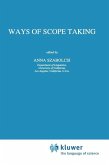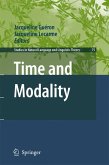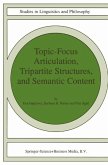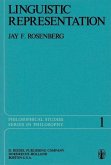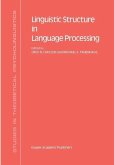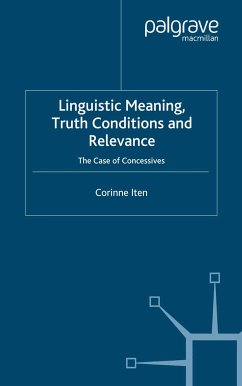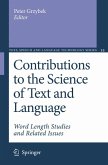Since the first chapter of this book presents an intro duction to the present state of game-theoretical semantics (GTS), there is no point in giving a briefer survey here. Instead, it may be helpful to indicate what this volume attempts to do. The first chapter gives a short intro duction to GTS and a survey of what is has accomplished. Chapter 2 puts the enterprise of GTS into new philo sophical perspective by relating its basic ideas to Kant's phi losophy of mathematics, space, and time. Chapters 3-6 are samples of GTS's accomplishments in understanding different kinds of semantical phenomena, mostly in natural languages. Beyond presenting results, some of these chapters also have other aims. Chapter 3 relates GTS to an interesting line of logical and foundational studies - the so-called functional interpretations - while chapter 4 leads to certain important methodological theses. Chapter 7 marks an application of GTS in a more philo sophical direction by criticizing the Frege-Russell thesis that words like "is" are multiply ambiguous. This leads in turn to a criticism of recent logical languages (logical notation), which since Frege have been based on the ambi guity thesis, and also to certain methodological sug gestions. In chapter 8, GTS is shown to have important implications for our understanding of Aristotle's doctrine of categories, while chapter 9 continues my earlier criticism of Chomsky's generative approach to linguistic theorizing.
Dieser Download kann aus rechtlichen Gründen nur mit Rechnungsadresse in A, B, BG, CY, CZ, D, DK, EW, E, FIN, F, GR, HR, H, IRL, I, LT, L, LR, M, NL, PL, P, R, S, SLO, SK ausgeliefert werden.



